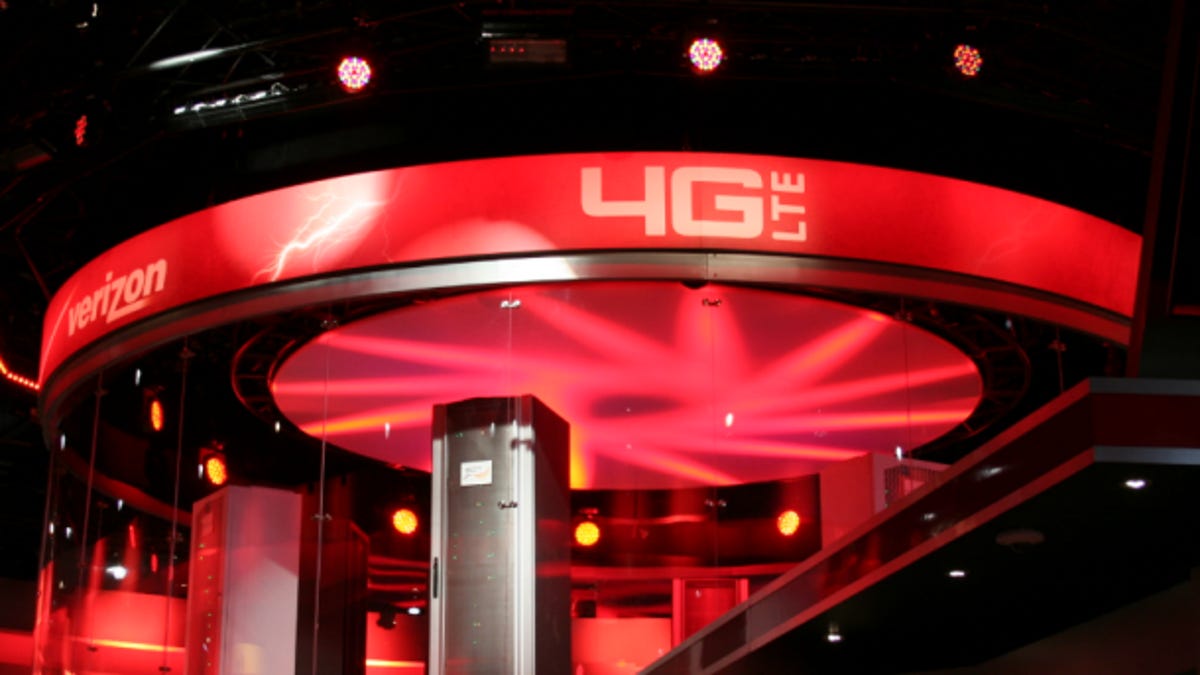Verizon calls AT&T's 'most reliable' claim misleading
A Verizon executive goes off on AT&T, criticizing the carrier's use of an undisclosed firm's data as a basis for its claim.

AT&T's claim to be the nation's "most reliable network" is misleading and par for the course for the company, according to a key Verizon Wireless networking executive.
"They have misled the public in the past," said Mike Haberman, head of network solutions for Verizon Wireless, when asked about his initial reaction to AT&T's ad. "I thought, 'Here we go again.'"
AT&T on Thursday put out an ad touting its network as the nation's most reliable, a claim long held by Verizon Wireless. Verizon initially took the high ground with its response, taking out an ad in The Wall Street Journal to tout its track record and data from third-party research firms.
The claws came out during the sidelines of Verizon's Droid Ultra event. Haberman slammed AT&T's claim, noting that it was backed by data that the company hasn't disclosed. As a result, there's no way to see how the tests were conducted and whether it reflected the true customer experience.
"If that's how they want to make their claim, that's fine," he said in an interview with CNET on Tuesday.
Haberman touted a study by Root Metrics that found Verizon's data and overall service to be superior in a majority of its markets in the United States. Haberman said he preferred Root Metrics because the firm attempts to replicate the customer experience. AT&T also cites Root Metrics as one of the studies that names it the nation's fastest carrier.
"We have the most reliable network, and the public data supports us," Haberman said.
AT&T, meanwhile, dismissed the criticism. The company also cites Root Metrics as one of the studies that names it the nation's fastest carrier.
"The facts are the facts. We stand by our claim," according to an AT&T representative.
The AT&T representative later added: "Our 4G LTE reliability claim is fully supported by independent test data performed by a highly-credible source. Contrary to Verizon's assertion, we disclosed the source of the data to Verizon and it is a source that Verizon has endorsed in the past."
The increasing war of words underscores the stiffer competitive landscape between the wireless carriers. T-Mobile also has gotten vocal, slamming AT&T and Verizon for early upgrade plans it criticized as expensive and deceptive. With everyone upgrading their networks, offering a similar line-up of phones, and going after the same shrinking pool of customers, each player needs to up their game.
Haberman mocked AT&T's flip-flop on its stance over HSPA+ as a 4G network. When T-Mobile began calling its HSPA+ network a 4G service, AT&T criticized the move. Three months later, it too adopted the same terminology. While HSPA+ has been accepted as 4G by many in the industry, companies such as Verizon have been steadfast against that designation.
With both AT&T and Verizon on LTE, the HSPA+ debate is moot. But the companies haven't stopped one-upping each other when it comes to the perception of network superiority.

